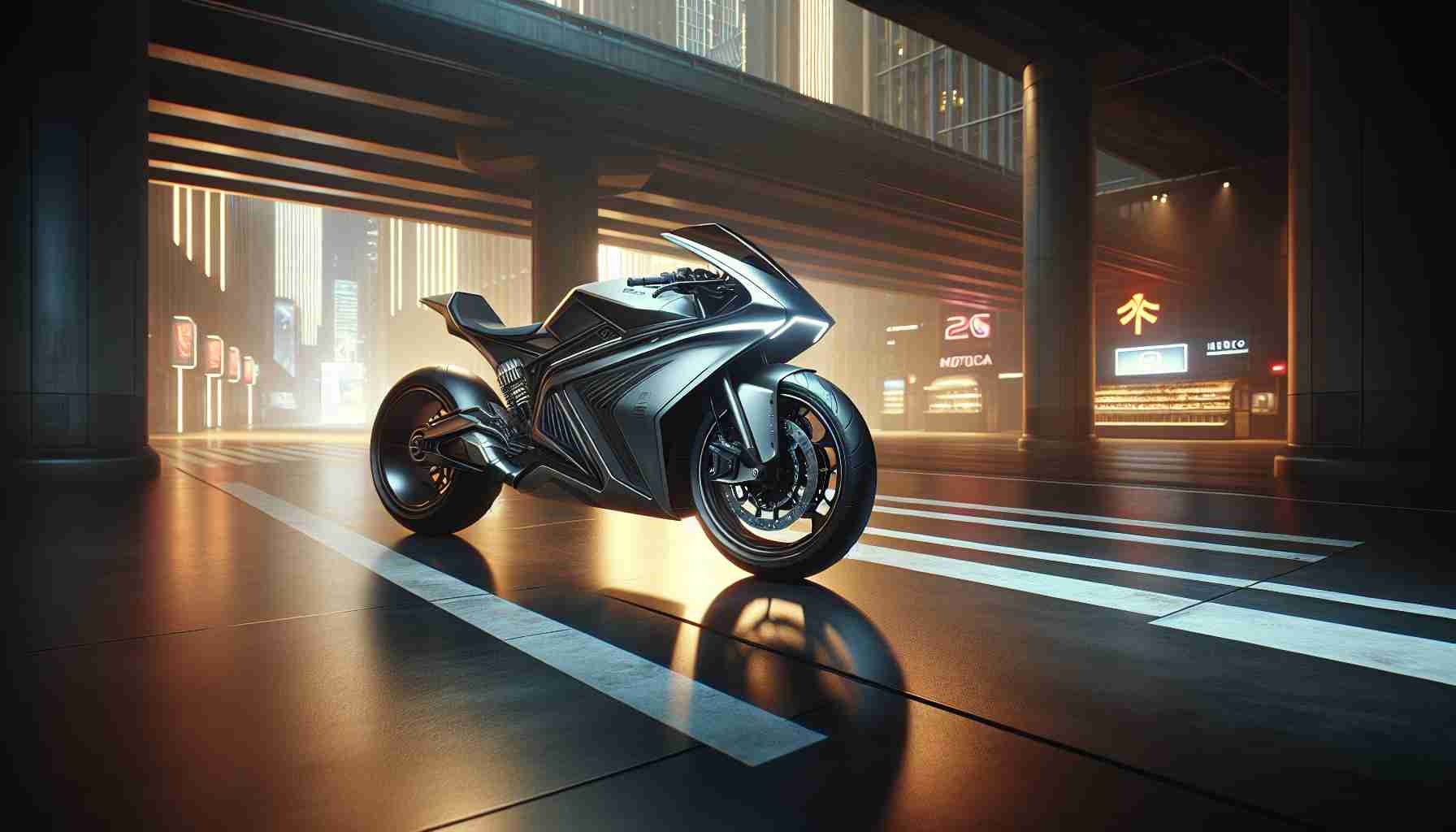
Hero MotoCorp is making strides in the electric vehicle sector, specifically with a new electric motorcycle set to debut in the Indian market. In collaboration with Zero Motorcycles, this development has been in the works for over a year, aiming to introduce an electric bike that caters to performance enthusiasts.
Insiders indicate that this motorcycle will fall into the mid-displacement category, targeting riders looking for a powerful alternative. Although detailed specifications remain under wraps, the project is already in advanced stages, with a targeted launch timeframe of 2026. The collaborative effort between Hero and Zero aims to solidify a strong presence in the performance electric motorcycle market.
Currently, Hero MotoCorp is emphasizing its commitment to premium motorcycles, having established dedicated showrooms to showcase these high-end models. This strategy suggests a focused approach toward creating an enriched purchasing experience for customers. While Hero’s track record in performance combustion bikes has been modest, the upcoming electric model could reshape its reputation.
In a landscape where current competitors like the Ultraviolette F77 struggle for market traction, the pressure is on Hero MotoCorp to innovate effectively. The anticipation builds as both enthusiasts and industry watchers await the official unveiling, anticipating whether it will be marketed under the Vida brand or retain the Zero branding. Only time will tell how this venture will position Hero in the rapidly evolving electric motorcycle arena.
Hero MotoCorp Gears Up for Electric Motorcycle Launch by 2026: What You Need to Know
As Hero MotoCorp prepares to launch its first electric motorcycle by 2026, significant developments and strategic considerations are shaping its entry into the electric vehicle (EV) market. This move is not just a response to growing consumer demand for sustainable transportation but also aligns with India’s ambitious goals for reducing carbon emissions and promoting electric mobility.
What Are the Key Questions Surrounding Hero’s Electric Motorcycle?
One of the most pressing questions involves the motorcycle’s specifications and performance capabilities. What types of battery technology will Hero utilize? As competition intensifies, riding range and charge time will be pivotal factors influencing consumer choice.
Another vital inquiry revolves around pricing. Will the upcoming model be affordable for the average consumer, or will it fall into a premium price bracket? Additionally, how will Hero differentiate its offering in a market where several new competitors are emerging?
What Challenges Does Hero Face?
Hero MotoCorp will encounter several challenges as it shifts its focus towards electric motorcycles:
1. **Technological Advancements**: The rapid pace of EV technology development means that Hero must consistently innovate to keep up with competitors such as Bajaj and Ather Energy, which are already established in the electric segment.
2. **Charging Infrastructure**: Limited charging infrastructure across India remains a significant barrier. Hero must address this through partnerships or by investing in charging networks to alleviate range anxiety among potential buyers.
3. **Consumer Perception**: While Hero is a well-regarded name in traditional motorcycles, transitioning consumer perception to electric models will require effective marketing campaigns highlighting reliability, performance, and sustainability.
Advantages and Disadvantages of Hero’s Electric Motorcycle Launch
Advantages:
– **Market Leadership Potential**: By entering the electric motorcycle space, Hero can leverage its strong brand loyalty and recognition as a leading motorcycle manufacturer in India.
– **Environmental Impact**: Electric motorcycles contribute to reducing carbon emissions, aligning with governmental objectives and appealing to environmentally-conscious consumers.
– **Innovation Opportunities**: This move can spur innovation within the company, leading to the development of new technologies and products.
Disadvantages:
– **Investment Risks**: Developing new technology and marketing it requires substantial financial investment, with no guaranteed return.
– **Market Volatility**: The electric vehicle market is still relatively immature, and preferences can shift quickly based on technological breakthroughs or changes in government policy.
– **Competition**: Facing an increasing number of players in the electric motorcycle market may dilute Hero’s brand equity if it cannot offer a compelling product.
Conclusion
As Hero MotoCorp embarks on this electric motorcycle journey, it is set against a backdrop of evolving consumer needs, competitive pressures, and technological challenges. With a target launch by 2026, the industry is keenly watching how Hero will navigate the complexities of the electric vehicle market and what innovations it will bring to the table.
For further insights on Hero MotoCorp and the electric vehicle landscape in India, visit the official website: Hero MotoCorp.